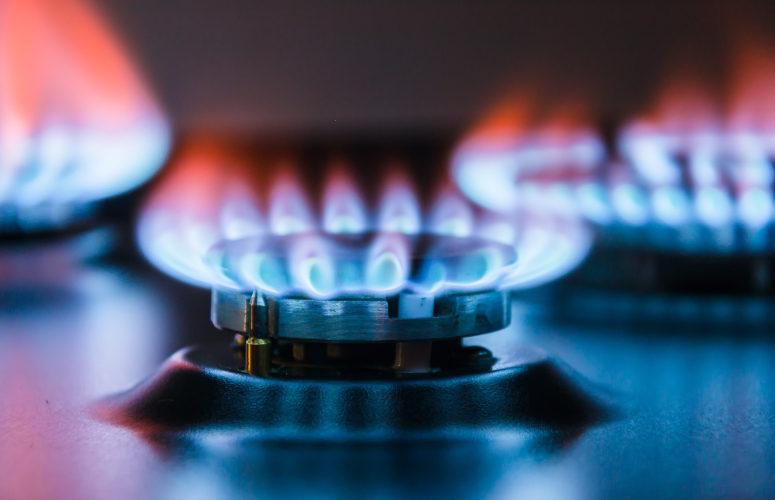Gas Safety: A Matter of Life and Death
- Time of issue:2023-03-07 16:36:01
- Views:
Gas Safety: A Matter of Life and Death
- Time of issue:2023-03-07 16:36
- Views:

Gas is a vital source of energy used for cooking, heating, and powering various appliances. However, gas appliances can pose serious safety risks if not properly installed, maintained, and used. Gas leaks and carbon monoxide (CO) poisoning are the most common gas-related hazards that can cause illness, injury, and even death. Thus, it is crucial to raise public awareness about gas safety and encourage responsible behavior to prevent accidents and protect lives.
Gas Leaks
A gas leak occurs when gas escapes from a gas appliance, pipe, or cylinder due to damage, wear, or improper use. Natural gas has no odor, color, or taste, making it hard to detect without help. Therefore, gas companies add a smell called mercaptan to make it easier to recognize gas leaks by the rotten-egg-like odor.
Signs of a gas leak include:
- The smell of gas in the air or on clothing
- Hissing or whistling sounds from gas pipes or appliances
- Dead or dying plants or vegetation around gas lines or meters
- Bubbles or foam in standing water around gas lines
If you suspect a gas leak, take the following steps:
- Stop using all gas appliances and turn them off, including pilot lights.
- Evacuate the premises immediately and call the gas company or emergency services from a safe location.
- Do not light matches, use lighters or candles, switch on or off any electrical equipment, or smoke in or near the building until the gas company confirms it is safe to reenter.
Carbon Monoxide Poisoning
Carbon monoxide (CO) is a colorless, odorless, and tasteless gas produced by incomplete combustion of fuels such as natural gas, propane, wood, and charcoal. CO poisoning occurs when people breathe in too much CO, which replaces oxygen in the blood and deprives the body's organs and tissues of oxygen. CO poisoning can cause headache, dizziness, nausea, vomiting, fatigue, confusion, unconsciousness, and death, especially in enclosed or poorly ventilated spaces.
To prevent CO poisoning, follow these tips:
- Install CO detectors near sleeping areas and on each level of the home or building.
- Have gas heating systems, water heaters, and other gas appliances annually inspected by a qualified technician to ensure they are clean, vented, and working properly.
- Do not use gas stoves, ovens, or grills to heat homes or enclosed spaces or to dry clothes.
- Do not run generators, power tools, or lawn mowers inside garages, basements, or other enclosed spaces.
General Gas Safety Tips
Apart from preventing gas leaks and CO poisoning, there are other gas safety measures that people should follow to avoid accidents and injuries:
- Always read and follow the manufacturer's instructions when using gas appliances or equipment.
- Keep flammable materials, such as paper, clothes, or chemicals, away from gas appliances, pilot lights, and hot surfaces.
- Do not use damaged or expired gas cylinders and dispose of them properly.
- Do not try to repair gas appliances or pipes yourself. Hire a licensed professional instead.
- Educate children about gas safety and tell them never to play with gas appliances, valves, or meters.
In a word, gas safety is everyone's responsibility. By taking gas safety seriously and following the above guidelines, we can prevent gas-related accidents and protect ourselves, our families, and our communities from harm. Remember, prevention is better than cure, and gas safety is a matter of life and death.
Relevant Information
Zhengzhou Anran I&C Technology Co.,Ltd.
Tel: 0086-371-68629564
E-mail: global.sales@zzanran.com
Address: The National University Science Park, No.11, Changchun Road, High&New Technology Development District, Zhengzhou
Copyright Zhengzhou Anran I&C Technology Co., Ltd.




 0086-371-68629564
0086-371-68629564

 Message
Message 




